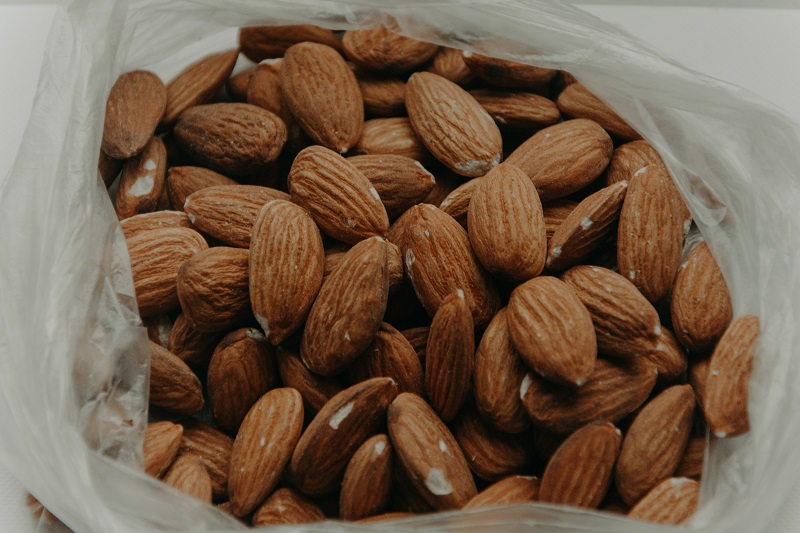Produce Safety Alliance Recruits Members For Working Committees, Launches Website
The Produce Safety Alliance has launched a new website, www.producesafetyalliance.cornell.edu, and has issued a call for growers, researchers, state officials, produce industry experts, and others interested in produce safety to join an alliance working committee.
The committee members will assist in the development of a national Good Agricultural Practices education curriculum focused on understanding and implementing fresh fruit and vegetable food safety practices.
The alliance is a broad-based partnership charged with developing a national education and training program for growers, packers, and regulatory personnel of fresh produce in anticipation of a new produce safety rule from FDA. It is housed at Cornell University’s National Good Agricultural Practices Program and is funded by USDA and FDA.
The alliance has created 10 working committees, each focused on a specific aspect of produce safety, ranging from production and postharvest handling issues related to risk assessment and preventive practices through food safety plan writing to certification-related activities.
“It is in our best interest to cast a wide net to encourage broad participation in order to obtain the best information, scientific knowledge, and in-the-field experience available to inform these efforts,” said Betsy Bihn, project director of the Alliance and a senior Extension associate in the Department of Food Science at Cornell University. “The website is one key information and outreach vehicle, but it is our intention to use various communications channels to inform and engage all interested stakeholders.”
Bihn said by collaborating with other experts in the field, “the alliance will review existing GAPs educational and instructional materials, seek to identify and fill any areas where information is lacking, and then develop and continuously update multi-formatted education programs on food safety systems for their operations.
The alliance is governed by an executive committee that includes members from Cornell, the Association of Food and Drug Officials, the national Association of State Departments of Agriculture, FDA, USDA’s Agricultural Marketing Service, and USDA’s Natural Resources Conservation Service. The Executive Committee is charged with ensuring that educational outreach materials will be used in an effective and efficient manner.
“There is no more fundamental function of government than protecting consumers from harm, which is why food safety is one of USDA’s top priorities,” said deputy secretary of agriculture Kathleen A. Merrigan. “The alliance will bring a wide range of voices to the table and use that information to develop a valuable curriculum for fresh fruit and vegetable food safety practices. I encourage all interested parties to assist in these efforts as we move forward.”
“The alliance has set an ambitious agenda,’ said Michael R. Taylor, FDA’s deputy commissioner for foods. “Tapping into the expertise and experience of farmers, researcher, and food safety professionals for these working committees will be key to its success.”
To ensure the widest possible level of participation, each working committee will meet by teleconference on a regular basis as set by that working committee. Individuals interested in joining a PSA working committee can download a membership form from the alliance website at producesafetyalliance.cornell.edu/working.html.
“We encourage all those with expertise and knowledge in the prduce food safety area to come forward and assist in these efforts as it will lay the foundation for the Alliance’s GAPs Educational Materials Conference to be held in June in Orlando, FL,” Bihn said. “During the conference, the alliance will review existing materials, determine where new or additional materials are needed, and begin developing those materials. We encourage participation in this process.”
To view a complete list of working committees and details on the scope of their work, click here.
For details of the Food Safety Modernization Act (FSMA) and what it means for growers, go to www.growingproduce.com/foodsafety.









